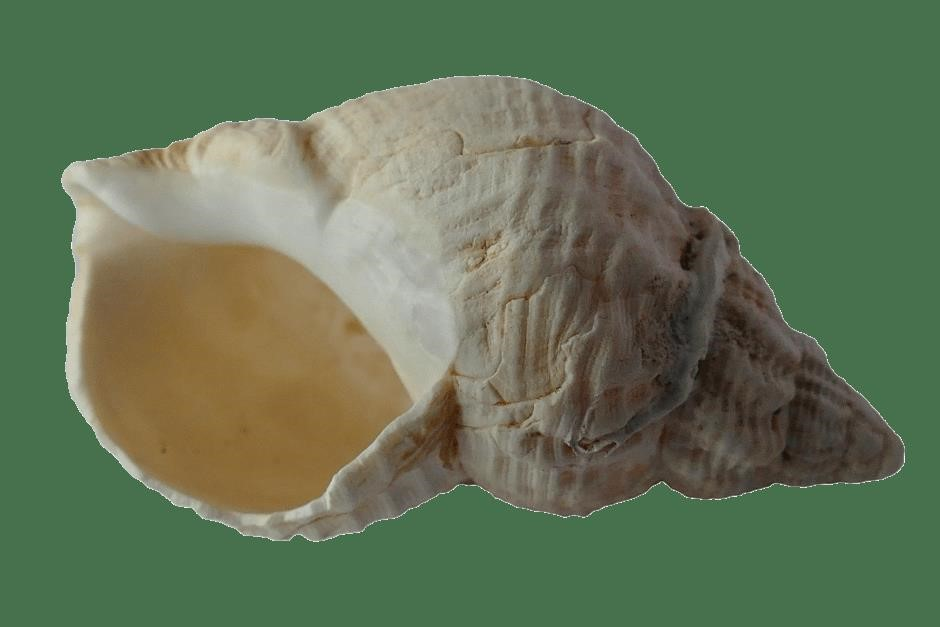Understanding the ASVAB Test Structure
The ASVAB test is divided into key sections, each assessing different abilities like General Science, Arithmetic Reasoning, and Word Knowledge. It includes multiple-choice questions and is timed to evaluate knowledge and aptitude for military roles. Understanding the structure helps in strategic preparation and targeting weak areas effectively.
Overview of the ASVAB Test
The ASVAB (Armed Services Vocational Aptitude Battery) test is a multiple-choice exam designed to assess an individual’s aptitude for various military roles. It is a critical step for those seeking to join the Marine Corps, as it determines eligibility for specific Military Occupational Specialties (MOS). The test covers nine main sections, including General Science, Arithmetic Reasoning, Word Knowledge, and Mathematics Knowledge. Each section evaluates different skills, providing a comprehensive understanding of a candidate’s strengths and weaknesses. The ASVAB is timed, and scores are used to match individuals with roles that align with their abilities. Preparing for the ASVAB is essential, as higher scores open up more career opportunities in the Marine Corps.
Key Sections of the ASVAB Test
The ASVAB test comprises nine key sections, each evaluating distinct aptitudes essential for military roles. General Science assesses knowledge of basic scientific concepts, while Arithmetic Reasoning tests problem-solving skills in mathematical contexts. Word Knowledge measures vocabulary and comprehension, and Paragraph Comprehension evaluates reading ability. Mathematics Knowledge focuses on high school-level math, and Electronics Information covers electrical principles. Automotive and Shop Information tests mechanical aptitude, and Mechanical Comprehension evaluates understanding of mechanical systems. Lastly, Assembling Objects assesses spatial reasoning. Mastery of these sections is crucial for Marines, as scores determine eligibility for various Military Occupational Specialties (MOS) and career opportunities within the Corps. Strategic preparation for each section ensures optimal performance and opens doors to specialized roles.
Marine Corps ASVAB Study Guide
The Marine Corps ASVAB Study Guide covers General Science, Arithmetic Reasoning, and Word Knowledge, offering strategies, practice tests, and resources for optimal score success tailored for Marines.
General Science Study Materials

The General Science section of the ASVAB assesses knowledge in biology, chemistry, physics, and earth science. Study materials include detailed guides covering fundamental concepts, such as cellular biology, chemical reactions, and physical laws. Practice questions and flashcards help reinforce understanding. Additionally, online resources offer interactive lessons and quizzes to test knowledge retention. Focusing on these materials ensures a strong foundation, enabling Marines to perform well on this critical section of the test. Regular review and practice are essential to master the scientific principles evaluated in the ASVAB. Utilizing these study tools can significantly improve scores and overall readiness for the exam.

Arithmetic Reasoning and Mathematics Knowledge
The Arithmetic Reasoning section tests problem-solving skills using basic arithmetic operations in practical scenarios. Mathematics Knowledge evaluates understanding of algebra, geometry, and trigonometry. Study guides provide step-by-step solutions and practice problems to improve accuracy and speed. Flashcards and online quizzes help reinforce key concepts, while timed exercises simulate test conditions. Focusing on these areas ensures mastery of numerical and analytical skills, crucial for high ASVAB scores. Regular practice with these materials helps build confidence and proficiency, enabling Marines to tackle challenging math problems effectively during the exam. Utilizing these resources is essential for achieving success in these critical sections.
The Word Knowledge section tests vocabulary and the ability to understand words in context. Paragraph Comprehension evaluates reading skills, focusing on identifying main ideas, supporting details, and making inferences. Study guides offer strategies like context clues and practice exercises to improve word recognition and comprehension. Flashcards and online quizzes reinforce vocabulary, while reading drills enhance speed and accuracy. Mastering these sections requires consistent practice and a strong understanding of language concepts. Utilizing these resources helps build the skills needed to achieve high scores in these vital areas of the ASVAB test. Regular review and practice are essential for success. Access free online practice tests to assess readiness and identify weak areas. Utilize recommended study guides, flashcards, and tutoring for comprehensive preparation. These resources enhance scoring potential. Free online ASVAB practice tests are essential tools for assessing readiness and identifying areas for improvement. These tests simulate actual exam conditions, covering all sections like Arithmetic Reasoning, Word Knowledge, and General Science. By taking these tests, you can evaluate your strengths and weaknesses, allowing focused study. Many resources offer detailed score reports, providing insights into performance. Utilizing these tests regularly helps build confidence and familiarity with the exam format. Additionally, they allow you to track progress over time, ensuring steady improvement. Leveraging free practice tests is a crucial step in achieving a high ASVAB score for Marine Corps enlistment. Several study guides are highly recommended for Marine Corps ASVAB preparation. The Mometrix ASVAB Study Guide is a top choice, offering comprehensive lessons, practice questions, and video tutorials. It covers all test sections, including Arithmetic Reasoning and Word Knowledge. Additionally, Peterson’s ASVAB Study Guide provides detailed strategies and full-length practice tests. The ASVAB Mastery App is another excellent resource, featuring interactive lessons and flashcards. These guides are designed to help you master the material and improve your scores. Using a combination of these resources ensures a well-rounded study approach, targeting weak areas and building confidence for test day. ASVAB scores are calculated based on performance across all sections, with results normalized to a scale of 1 to 100. Higher scores enhance eligibility for specialized roles in the Marine Corps. ASVAB scores are calculated by combining results from individual sections, with each section scored separately. Raw scores are converted to percentile scores, comparing test-takers to a reference group. The Marine Corps uses these percentiles to determine eligibility for specific Military Occupational Specialties (MOS). The overall score is a composite of verbal and math skills, while other sections like Mechanical Comprehension and Electronics assess technical aptitudes. Higher scores open doors to more specialized roles, emphasizing the importance of preparation to achieve competitive results. The Marine Corps requires a minimum ASVAB score of 31 for eligibility, though scores are tiered based on job qualifications. High school graduates must achieve at least a 32, while GED holders may qualify with a 30. Scores are combined from specific sections like General Technical (GT) to determine suitability for various Military Occupational Specialties (MOS). Higher scores improve opportunities for specialized roles and enlistment bonuses. Meeting the minimum ensures eligibility, but excelling can open doors to more prestigious positions within the Corps. Preparation and practice are crucial to achieving a competitive score. Strategic preparation, consistent practice, and focused study habits are key to achieving a high ASVAB score. Utilize study guides, practice tests, and identify weak areas for improvement. Regular review and time management ensure comprehensive understanding and confidence on test day, helping you achieve your desired score for Marine Corps enlistment. Developing consistent study habits and managing time efficiently are crucial for ASVAB success. Create a structured study plan, dedicating specific blocks to each test section. Prioritize weak areas and review them regularly. Utilize flashcards for quick knowledge retention and practice tests to simulate exam conditions. Allocate time for breaks to maintain focus and avoid burnout. Staying organized and tracking progress helps build confidence and ensures thorough preparation. By balancing study sessions with rest, you can approach the test with clarity and readiness, maximizing your potential to achieve a high score for the Marine Corps. Identifying and addressing weak areas is essential for ASVAB success. Start by taking practice tests to pinpoint where you need improvement. Focus on those sections, using targeted study materials and resources. Break down complex topics into manageable parts and practice consistently. For math-related sections, solve additional problems to build fluency. For verbal sections, expand vocabulary and practice comprehension exercises. Use flashcards to reinforce memory and understanding. Regularly review mistakes to avoid repetition. By dedicating extra time and effort to these areas, you can strengthen your skills and significantly improve your overall ASVAB score for the Marine Corps.Word Knowledge and Paragraph Comprehension

ASVAB Practice Tests and Resources
Free Online Practice Tests
Recommended Study Guides
Understanding ASVAB Scoring

How ASVAB Scores Are Calculated
Minimum ASVAB Score Requirements for the Marine Corps

Maximizing Your ASVAB Score

Effective Study Habits and Time Management
Strategies for Improving Weak Areas